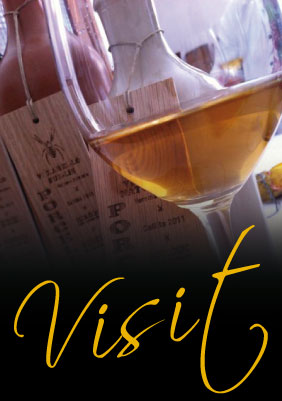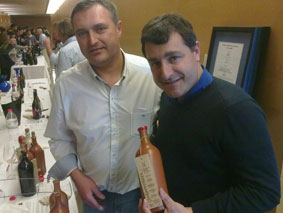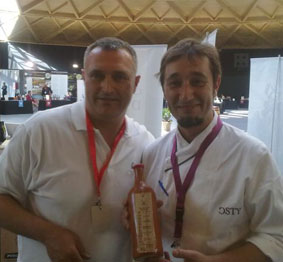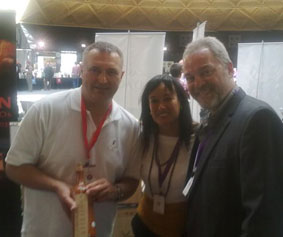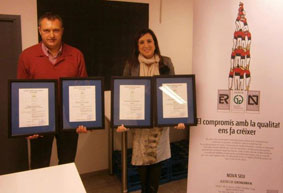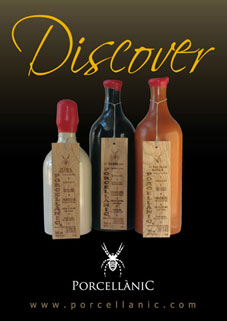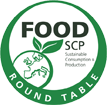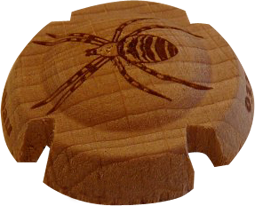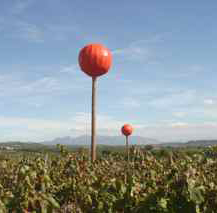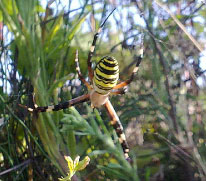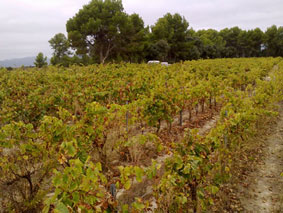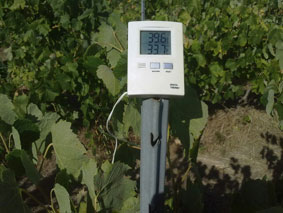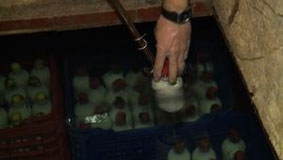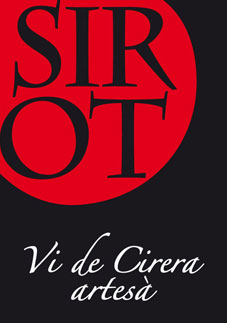Winemaking
Porcellanic wine with Denomination of Origin Certification is obtained in the Penedes zone organically in our vineyards in the village of Vilobí. When harvest, the decision is taken with the observation of bees, and fruit days and is done in accordance with the moon calendar. The grapes come from old strains that have not been tilled for at least six years, where spiders act as a natural insecticide, we calculate an average of about 15 spiders per hectare with fabrics between 40 and 70 cm. of spider’s web.
Ton RImbau from Lemon Fruits on Vimeo.
Our production system is based on interfering minimally as possible in the natural ripening of the fruit, not the land we cultivate and therefore we do not provide fine particles and dust into the air.
After pressing the grapes, in classical vertical press, macerated, fermented and lees rounded with a low temperature to remove all its flavors grape, pass 9 months of aging in new French oak. Once reposed in the barrel, it is discarded and proceed to packaging in bottles of 500 ml ceramic in the case of sweet wine or 750 ml in the other varieties. The ceramic preserves the wine of the negative effects of light. The plug is of the type sealed MITIK technological DIAM and sealed. Once bottling the wine porcellanic is immersed in water inside underground tubs nonnegative geobiological areas (away from Curry lines). The wine is stored vertically and refined in bottle at constant temperature fluctuations of less than one degree positive or negative with respect to the low temperature constant we get on the ground. We’re committed to the environment with the recognition seal footprint carbon (cradle to gate), equivalent to 0.970 kg. CO2 per bottle. We offset the carbon footprint generated in exporting our wines with different actions of ecological footprint offsetting generated. Our wines contain no added sulfites.






